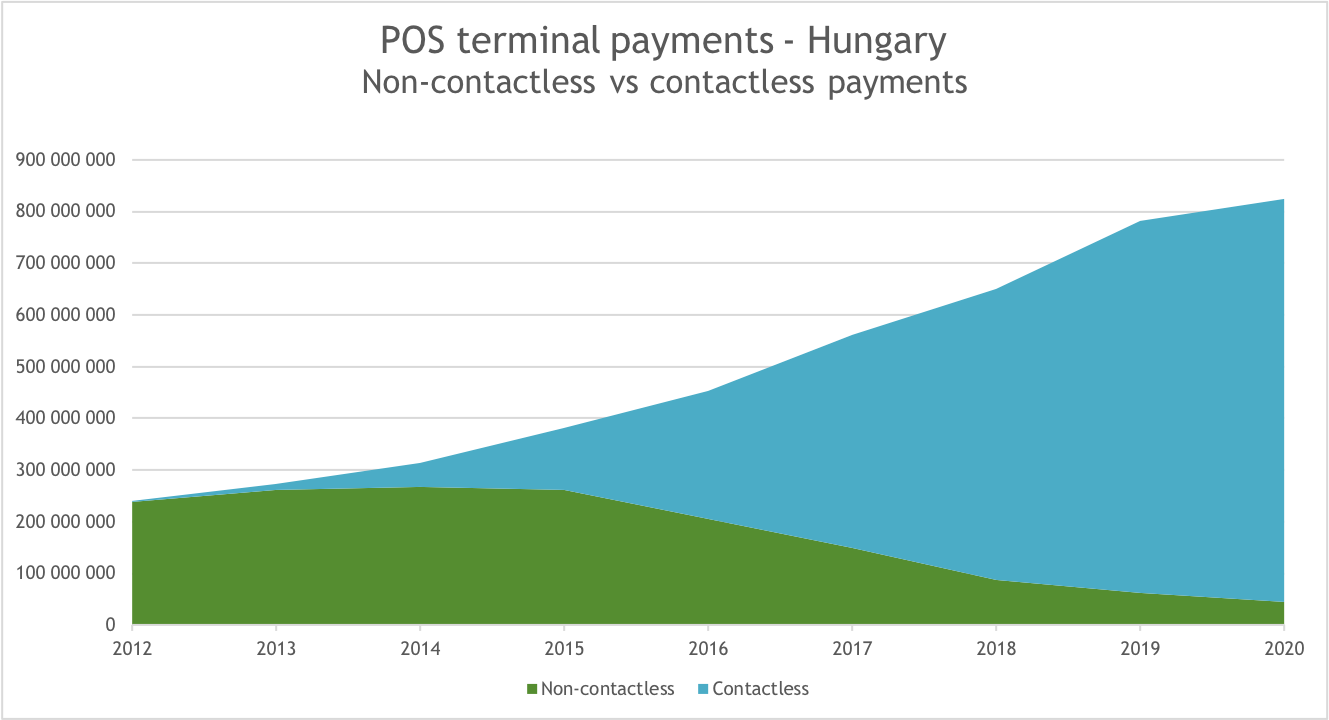No-touch Technology in Hungary: How to Stay Safe
In collaboration
The pandemic changed the way we use technology. The world needed to reduce touchpoints and contact. Many of these changes to no-touch technology are sticking around, as are the risks that come with them.
The break-neck pace of change forced upon Hungarians has now slowed. It’s time to take into account the risks that come about with new systems. Whether at home or overseas, your online security has never been so important.
How aware are you of data security?
Do you know how to protect your personal information in an age of no-touch technology?
Here, we explore what’s changed and what you need to do about it.
What is no-touch technology?
No-touch technology is in its infancy. It encompasses a range of tools that mean you don’t need to make contact with devices to control or interact with them.
This might be controlling your phone with hand gestures, like swiping the screen to take a screenshot. It can also relate to the no-touch technology like contactless payments and QR code scans that have become so necessary during the pandemic.
What’s risky about it?
The risk with no-touch tech comes through the internet connection it uses. Your device, filled with your personal and payment information, interacts with other devices and websites more often, leaving it exposed.
You may also be easily tempted to use public Wi-Fi to reduce your data charges, such as when you’re ordering in a restaurant. It’s possible to mitigate the risks of using no-touch tech on your mobile device with tools like Surfshark VPN. You add a layer of security to your internet connection and protect the information stored on your phone.
Interacting with no-touch technology
In Hungary, contactless payments have been around for years and are already highly adopted. Indeed, around 98% of all card payment terminals in the country are now able to accept contactless payments.
This swing towards contactless started well before the pandemic – there has been a steady increase over the last decade.

Image source: Ingenico
Overseas, the trend isn’t so strong. Outside of Europe, contactless payments are less common although PwC predicts that cashless payments will increase by 80% in 2025.
Trips overseas should see you be even more cautious with payment security. A VPN for ApplePay and GooglePay transactions and a wallet that blocks Radio Frequency Identification (RFID) are both essential items. This will prevent criminals from scanning your card’s details in crowded places.
No-touch technology in everyday life
Most Hungarians will have noticed a change in how hospitality works. All restrictions were lifted in Hungary in March 2022. Before then scanning a QR code to enter shops, restaurants, and other crowded places was mandatory.
These restrictions are still in place as of May 2022 around the world in popular tourist destinations such as Bali.
Some changes have remained, though. It has become increasingly common for restaurants to be paperless and ask you to scan a QR code to access the menu. This is a positive environmental move and stops you from having to share menus with potentially hundreds of other diners.
However, always be careful when accessing a website through a QR code. It can be easy for cybercriminals to add a fake code to public places that can lead you to download a virus or ransomware. Check the URL you’re directed to and confirm with staff if you’re unsure.
You may find yourself tapping in your card details to your phone to pay for your meal, so make sure you’re securely connected and not using an open, public network.
Budapest goes no-touch
The people of Budapest have been quick to adapt to the new technologies the pandemic brought about. It has taken a little while for the public transport system to catch up, though.
The BudapestGO app was launched in February this year, allowing you to buy tickets and passes for the city’s metro. For now, paper tickets are still available but over 300,000 passengers have already adopted this no-touch tech innovation.
You’ll find similar apps around the world to help you navigate major cities when you travel outside of Hungary. Always be sure that you download apps from the App Store or Play Store to avoid adding nefarious software to your phone at the same time.
The future of no-touch tech in Hungary
No-touch tech is likely to be part of our lives in the post-pandemic world. You may not need to scan to enter places anymore, but paperless menus and app-based ordering and payments are here to stay.
Hungary is seeing the same trends of increasing cybercrime as the country moves more payments and everyday activities online. You shouldn’t let concerns about online crime out you off, but take sensible measures like VPNs, RFID blockers, and downloading from trusted sources to stay protected at home and overseas.
Source:







